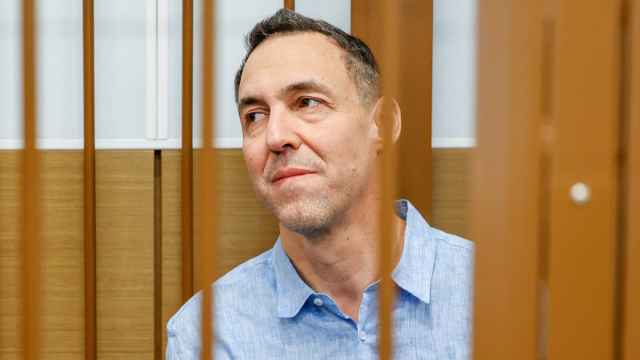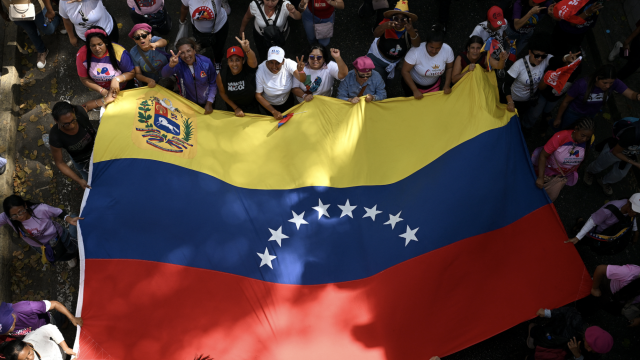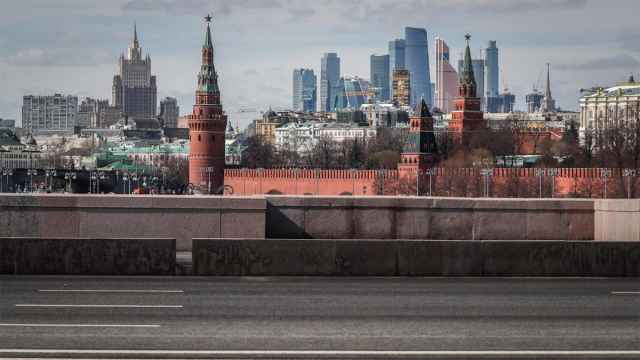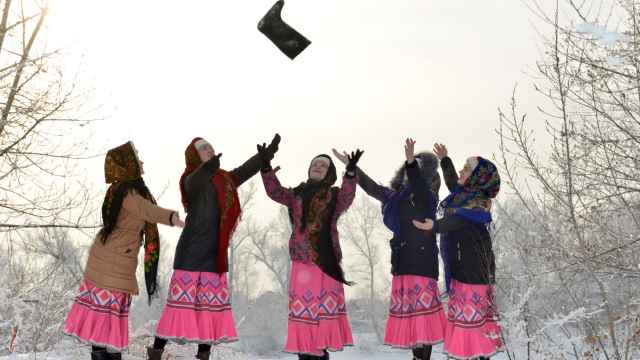BRUSSELS — A 40 percent energy saving target as the EU's 2030 goal, supported by some, is unrealistic, Energy Commissioner Günther Oettinger said, adding that the debate continued.
Momentum is building for a binding energy efficiency goal in the European Union. Some members argue it would improve energy security by reducing demand as the bloc seeks to wean itself off dependency on Russian gas and other imported fossil fuel.
Germany has said it would support a binding efficiency target, but has not specified the level.
Already the Commission, the EU executive, has outlined two 2030 green energy goals — one to cut greenhouse gas emissions by 40 percent compared with 1990 levels and one to increase the share of renewable energy to 27 percent.
A 2030 efficiency goal has yet to be put forward, pending a review of progress on the existing 2020 target to increase energy savings to 20 percent. That review is expected to be published over the coming weeks.
Earlier this year, the European Parliament said it backed an efficiency target of 40 percent. Oettinger told reporters late on Wednesday the number was still open to debate but 40 percent was "not realistic".
The Commission was analyzing scenarios, he said, of anywhere between 25 percent and 40 percent, with a view to getting agreement from member states in October this year and producing a firm legislative proposal early next year.
The 2030 goals will replace 2020 targets to increase the share of renewables used to 20 percent, cut greenhouse gases by 20 percent versus 1990 levels, as well as increasing energy savings to 20 percent.
Of the 2020 goals, the energy efficiency target — in contrast to the other two — was not mandatory and progress towards meeting it has only accelerated after a piece of law was agreed in 2012 to reinforce it.
The 28 member states are divided over the way forward, with some demanding another set of three goals, while others say one carbon emissions cutting goal would be enough.
Oettinger said he favored three targets and that one possibility for the energy efficiency goal would be to link it to economic growth. "Should this target be a little bit flexible and related to GDP?" he asked.
Commission sources said in May the Commission was looking at an energy savings goal of around 30 to 35 percent and making it binding at EU-wide level, but not on individual member states.
Environment campaigners say that range is not ambitious enough.
Friends of the Earth Europe cites modeling carried out by the European Commission, which shows a 40 percent efficiency target could reduce the amount of imported gas from nations such as Russia by 40 percent. At the lower end of the range, an efficiency target of 27 percent would reduce gas imports by only 16 percent compared with 2010 levels.
A Message from The Moscow Times:
Dear readers,
We are facing unprecedented challenges. Russia's Prosecutor General's Office has designated The Moscow Times as an "undesirable" organization, criminalizing our work and putting our staff at risk of prosecution. This follows our earlier unjust labeling as a "foreign agent."
These actions are direct attempts to silence independent journalism in Russia. The authorities claim our work "discredits the decisions of the Russian leadership." We see things differently: we strive to provide accurate, unbiased reporting on Russia.
We, the journalists of The Moscow Times, refuse to be silenced. But to continue our work, we need your help.
Your support, no matter how small, makes a world of difference. If you can, please support us monthly starting from just $2. It's quick to set up, and every contribution makes a significant impact.
By supporting The Moscow Times, you're defending open, independent journalism in the face of repression. Thank you for standing with us.
Remind me later.





